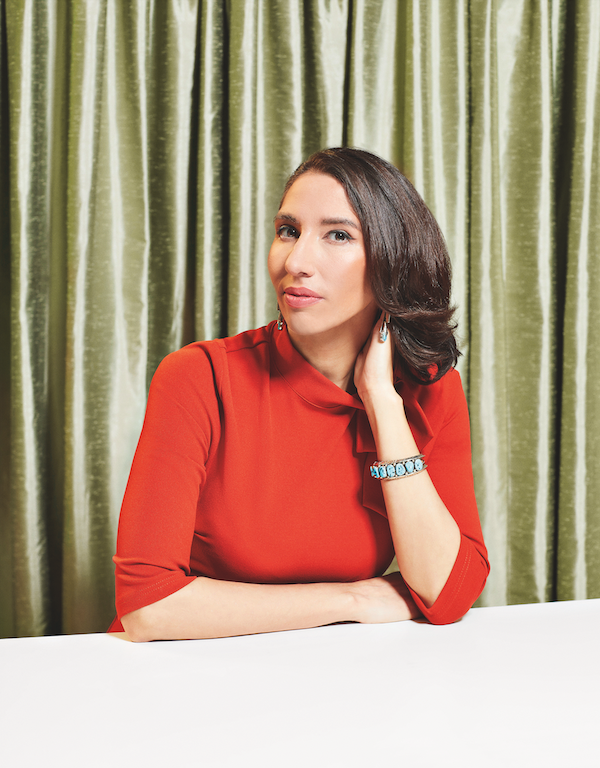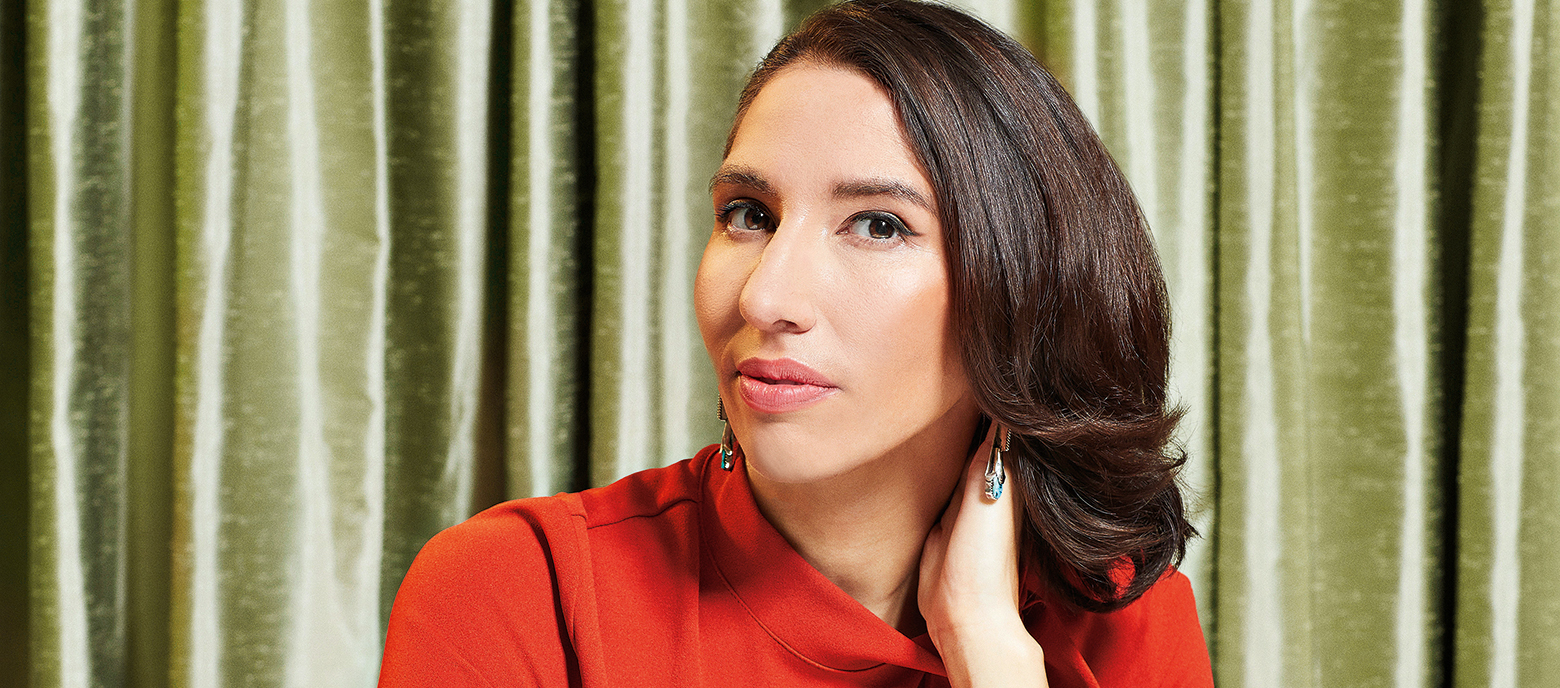Caitlyn Kasper grew up in Sutton West, Ont., a small community near Lake Simcoe. Her mother taught history and English at the local Sutton District High School. “She was the first Indigenous woman to graduate from that high school,” says Kasper. “When she was 21, she went right back there to teach.” In Kasper’s Anishinabek family, virtually everybody works in the public sector — as police officers, educators and social workers. And so when she graduated from Osgoode Hall, in 2011, she moved to Kenora to article at Legal Aid.
By 2014, Kasper, a single mother, had relocated to Toronto — along with her daughter, Biinizi, now aged 14, and her son, Biidaasige, now 10 — to work at Aboriginal Legal Services. As a senior staff lawyer at the community legal clinic, she’s an expert on police violence. For instance, she often represents the families of Indigenous victims in mandatory inquests that take place when a death has occurred in police custody or detention. The primary goal of these proceedings is not to assign legal blame, but to determine the cause of death and prevent similar cases from occurring in the future. Kasper cross-examines witnesses and experts to obtain supporting evidence that she can point to when advocating for meaningful change.“To avoid getting burned out,” she says, “I process my frustration and let it fuel me.”
Right now, burnout is the furthest thing from her mind. At 34, she’s appeared before the Supreme Court of Canada three times. Last year, she intervened in R v. Chouhan, which centred on peremptory challenges, a courtroom procedure that allows defence counsel and prosecutors to reject potential jurors with no explanation. The federal government recently passed legislation that eliminated the practice, partly because it leads to the underrepresentation of Indigenous people on juries. Kasper arrived at the nation’s highest court to argue that the legislation was constitutional.
Jonathan Rudin, the program director at Aboriginal Legal Services, watched Kasper’s submissions and was impressed with her performance. “I have seen many young people flummoxed by the Court,” he says. “But when the judges started questioning her, she answered smoothly and confidently, like she was expecting the questions all along.” In the end, the court upheld the elimination of peremptory challenges, a clear victory for Indigenous people.

Caitlyn Kasper
Senior staff lawyer, Aboriginal Legal Services
Year of Call: 2012
Law School: Osgoode Hall
This story is from our Summer 2021 Issue.
Photography by Saty + Pratha; set design by Kristen Lim Tung; hair & makeup by Caroline Levin / P1M.


